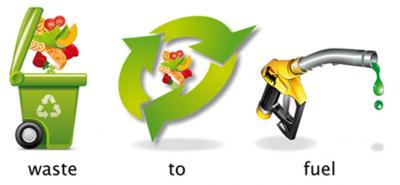
A large amount of food waste is being generated from hotels, restaurants, canteens, companies, vegetable markets, super markets and residential blocks. These waste ultimately ends up rotting in landfills. Anaerobic digestion (AD) is the route that can transform this food waste into a renewable energy source by producing ‘biogas’, a renewable energy source as electricity, heat and vehicle fuel. The process of biogas generation through AD has many inherent challenges due to the fact that several groups of microorganisms are involved in a complex web of interaction for degradation of the organic matter. The microbial ecology is susceptible even to minute changes in the environmental conditions. Therefore, a stable environment needs to be provided for successful operation. The full scale application of AD is critically dependent on the development of high rate digesters.
Our lab in collaboration with Prof. Monica Odlare and Prof. Patrik Klintonberg from Malardalen University, Sweden are engaged in developing such a robust anaerobic digester. Successful implementation of this technology can contribute significantly towards better solid waste management in our cities, reducing the dependence on landfills, mitigating climate change and above all by providing a clean fuel in the form of biogas or still better as transport fuel that can meet the future energy needs of the society.
Prof. A K Dikshit
